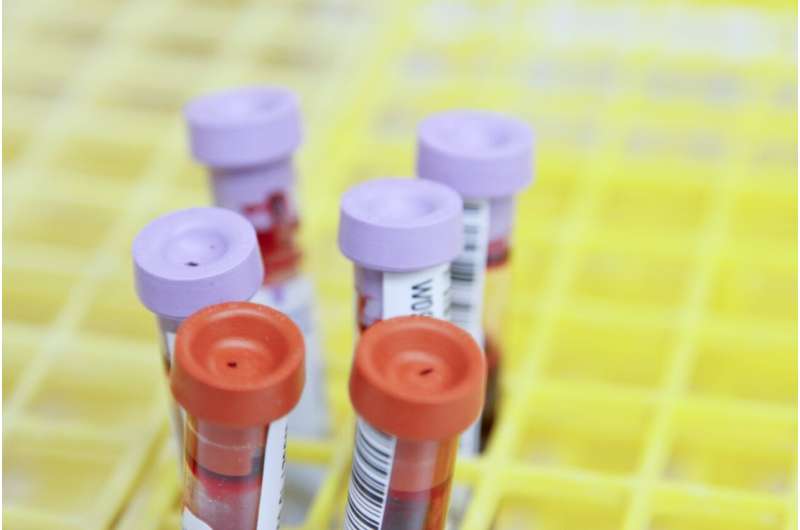Innovative Treatment Shines in Rare Adult Brainstem Glioma with IDH2 Mutation

A rare adult brainstem glioma with IDH2 mutation responded remarkably to radiation and temozolomide, improving tumor size and hearing. This case emphasizes the importance of genetic testing for personalized treatment in brain tumors.
A pioneering case study from Niigata University highlights a significant breakthrough in treating a rare type of brainstem glioma in adults. The patient experienced a gradual hearing loss in the left ear, prompting advanced MRI scans that identified a lesion near the left acoustic nerve. Although initial suspicion pointed to a glioma with H3K27M mutation, further analysis using magnetic resonance spectroscopy revealed the presence of an IDH2 mutation, confirmed through a surgical biopsy.
Most brainstem gliomas with H3K27M mutations are known for being resistant to standard treatments like temozolomide due to their unmethylated MGMT promoter. However, IDH-mutant gliomas frequently show MGMT methylation, making them more receptive to such chemotherapy. Recognizing this, the medical team administered radiation along with temozolomide.
Remarkably, this combined approach led to a dramatic reduction in tumor size and an unexpected improvement in the patient's hearing. The patient has remained free of tumor recurrence for over a year following treatment cessation.
Dr. Manabu Natsumeda emphasized the critical role of genetic screening in brain tumors, stating, "Detecting IDH mutations via magnetic resonance spectroscopy (MRS) allowed us to tailor effective treatment strategies. This case underscores the importance of comprehensive tumor profiling and the potential of combined radiotherapy and chemotherapy in managing atypical brainstem gliomas."
This case report, published in Frontiers in Oncology, demonstrates the promising outcomes achievable through precise diagnosis and personalized medicine approaches. The findings advocate for routine molecular testing in brainstem gliomas to improve prognosis and treatment efficacy.
Stay Updated with Mia's Feed
Get the latest health & wellness insights delivered straight to your inbox.
Related Articles
Artificial Sweetener Sucralose May Reduce Effectiveness of Cancer Immunotherapy
Emerging research indicates that the artificial sweetener sucralose may reduce the effectiveness of cancer immunotherapy by altering gut microbiota and immune cell function. Learn what this means for cancer patients and their dietary choices.
New Treatment Regimen Extends Blood Cancer Remission by Seven Months
A groundbreaking clinical trial has demonstrated that a new combination therapy can extend remission in multiple myeloma patients by an average of seven months, improving quality of life and offering new hope for treatment.
Epstein-Barr Virus Reorganizes Human Genome to Promote Nasopharyngeal Cancer Spread
New research uncovers how Epstein-Barr virus reorganizes the human genome to promote the spread of nasopharyngeal cancer, opening new avenues for targeted therapies.
Prolonged Sedentary Behavior After Heart Attack Increases Risk of Recurrence
Extended periods of sitting after a heart attack significantly increase the risk of another cardiac event. Replacing sedentary time with light activity or sleep can improve recovery outcomes and reduce future risks.



